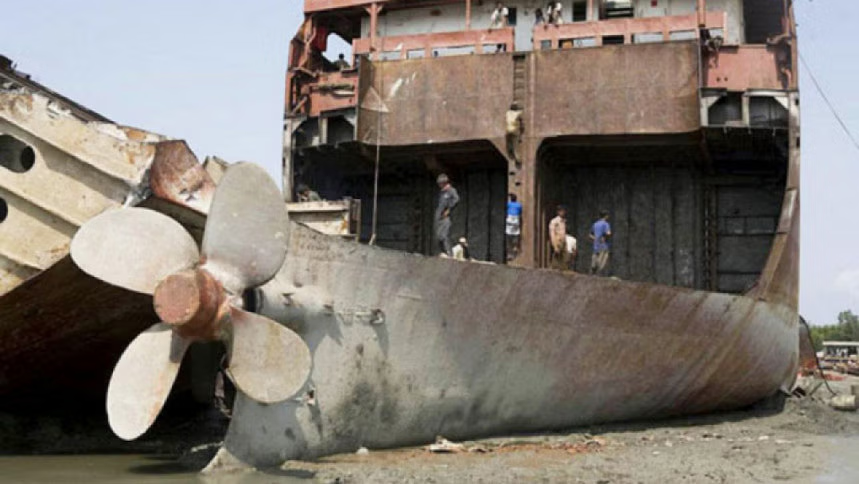Shipbreaking continues to be a dirty and dangerous business, especially in South Asia, says the NGO Shipbreaking Platform in its latest report. Although shipbreakers in South Asian beaches pay more per ton for scrapped tonnage, casualties have been occurring for years, and this has continued in recent months.

In Pakistan, two workers were killed by falling iron plates while working at the Dewan shipbreaking yard, one of the many shipbreaking yards in Gadani.The local trade union reported that the accident occurred during the dismantling of the bulk carrier Catherine Bright. It also claimed that the workers killed were forced to work without proper safety measures and that the bodies of the two workers were quietly buried during the night without any autopsy being performed, with the aim of reducing the liability risk of the owners of the shipbreaking yard and the labour contractors.
“Pakistani authorities have failed to impose necessary measures to safeguard sustainable ship recycling practices. The killing of Qasim and Mustafa adds to a growing number of deaths that could have been avoided in Gadani, where fifteen vessels have been beached in the past year,” said NGO Shipbreaking Platform in a statement.
The agency noted that at least six other mass casualties occurred at the Bangladesh-based shipbreaking in the first quarter of this year: two security guards were injured in a fall in the engine room of the Chinese-owned Hao 3. A worker at the SN Corporation shipbreaking yard, which complies with the Hong Kong Convention-compliant yard SN Corporation, broke his leg in an accident during the dismantling of the Japanese-owned vessel Sight, which was sold to a cash buyer.During the dismantling of the tanker Nautica, an operator suffered a back injury and two other workers were injured.
According to the non-governmental organization Shipbreaking Platform, 449 people have been killed and 408 injured at shipbreakings in South Asia since 2009, or one casualty for every 10 ships dismantled. The agency believes that the number of injuries is widely underreported and that the true figure is likely to be higher.
To deal with the aftermath of related accidents, the non-governmental organization Shipbreaking Platform regularly organizes health care and training activities for injured workers in the hope of rehabilitating them and enabling them to engage in other trades so that they will not be prevented from earning a living because of their disabilities.The organization is collecting donations for the training programme, which is relatively inexpensive at around $400 for a six-month vocational training for one worker.


